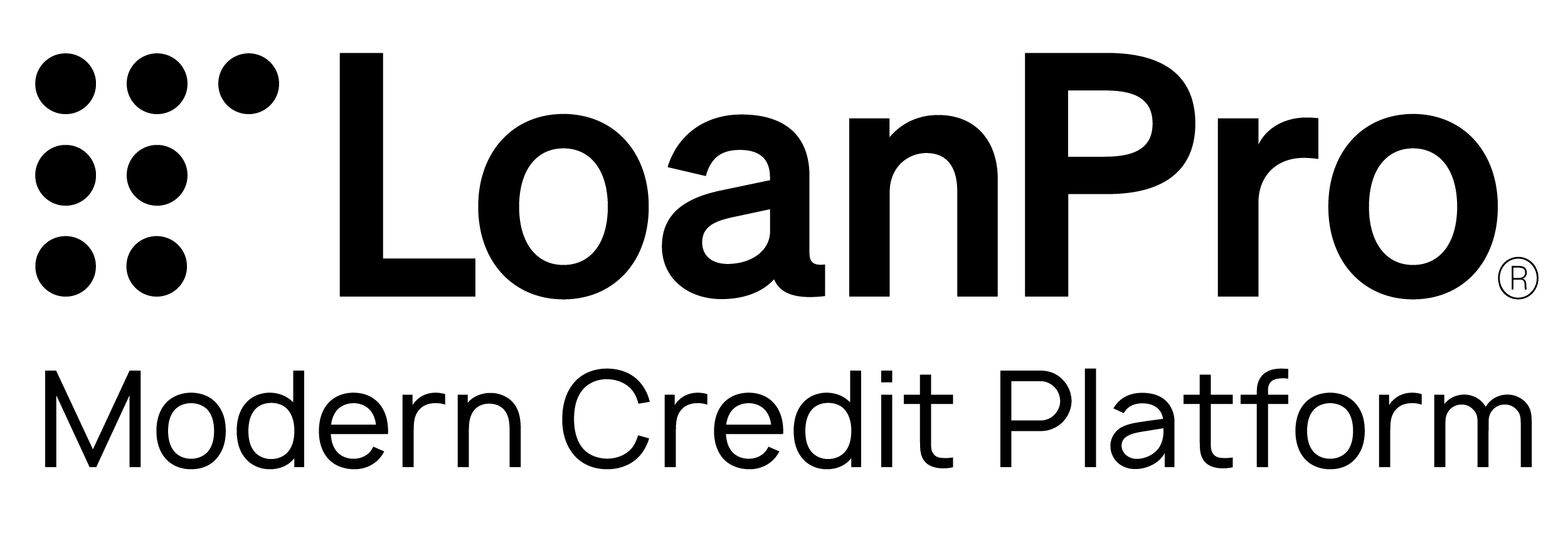Table of Contents
Introduction
An agent user is any individual that uses LMS software. LoanPro uses the term ‘agent user’ for every person that is using the software, not just servicing or collections agents. As a company, you can assign or grant agents specific roles. These roles can refine the Loan Management Software (LMS) user interface by showing users only information and functions they need. It can give some users access to advanced parts of the software depending on their position. This article is a basic overview on agent users. Here, we will provide you with an understanding of how agent users access and use LMS, including cross-tenant access, roles, source companies, cash drawers, and global system notes.
Agent users aren't the same as customers. For more information on customers, check out our Customer Overview article.
Efficiency Use Case
Use Case: User Role-based Access
The Problem:
A lender employs hundreds of people who fill a variety of different jobs. Most of them need some access to the loan management system, but each position requires different access. Some data points are sensitive and shouldn't be seen by everyone—letting everyone see customers' personal information and social security numbers would actually violate consumer privacy laws. The lender implements training for each position and rules about who should see what, but there are no guarantees that sensitive information will be restricted.
LoanPro's Solution:
LoanPro offers robust role access configuration. It's easy to create roles with the exact access needed and assign them to users. This ensures that users have access only to what they need to fulfill job functions, which ultimately saves time and helps keep data secure.
Highlights
Different access controls give you the ability to designate which specific parts of the software your employees can see and use. These access controls simplify the software and prevent mistakes by a user.
Role-based Access - Role-based Access are a way to determine what an agent user should have access to in the software. You can configure the level of access a user should have in LMS.
Multitenancy - Access also allows for multitenancy. LoanPro allows a single company to establish more than one account or tenant in LMS. If users within the company do not have cross-tenant access, their logins only grants access to a single tenant.
Cross-Tenant Access - Cross-Tenant Access is related to multitenancy. Cross-tenant access is where a company has access to multiple tenants using the same username and password to login.
Source Company/Cash Drawers - Agents can be assigned a specific source company and they can ‘check out’ one of the company's cash drawers for use. This helps track and balance the incoming and outgoing money handled by the agent. Only one agent user can be checked out a cash drawer at a time. The agent user will be responsible for managing the cash drawer and reconciling the cash transactions at the end of their shift to ensure that all the money is accounted for.
Global Note Manager - Every time a change is made by an agent user in LMS, the system tracks it and keeps record of what changes were made, and who made the changes. This record is primarily for auditing purposes. The Global Audit Trail record can be used to track mistakes or detect fraud or any unlawful acts.
Where Does Agent Users Fit?
Agent users are an important component of using LoanPro software. We want your employees to be successful in their positions and keep your customer information secure. Agent users allow your company to designate specific access to users depending on their positions, helping your employees be confident in their responsibilities and easily manage their accounts.
This Feature is Not
- LMS is not monitoring your employees. LMS will never alert you about the performance of your employees. The system keeps record to evaluate whether any mistakes or errors have occurred and help you detect fraud. However, the system doesn't detect mistakes or fraud itself or send out alerts when they happen.
- A customer with access to the customer-facing website does not have access to agent user roles in LMS. A user on the customer website only has the access you have granted to the customer website. Those with an account on the customer website will not have access as an agent user to the admin side of LMS.
What’s Next?
Now that you have a better understanding on agent users, take a look at our Managing Agent Users article on how to create a new agent user.
